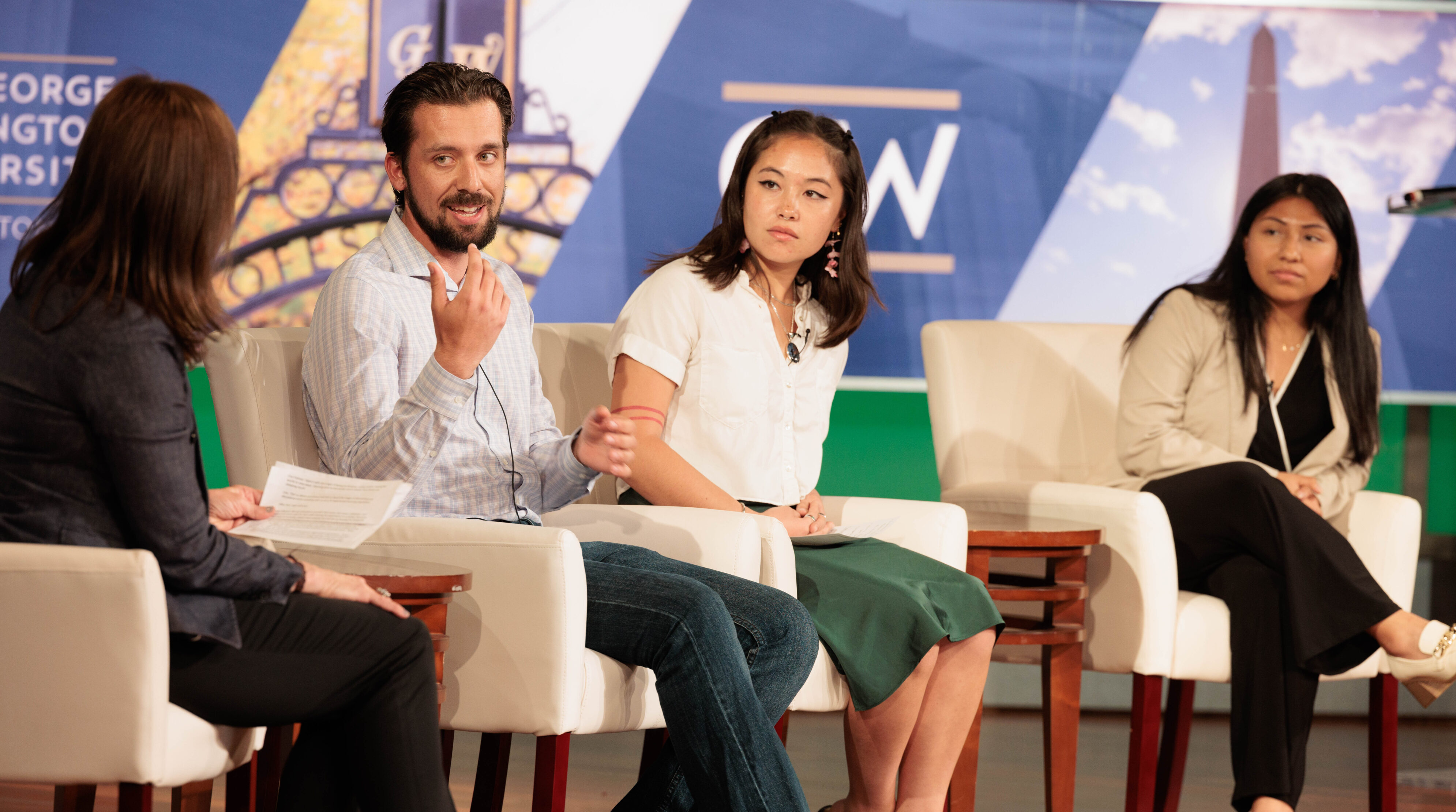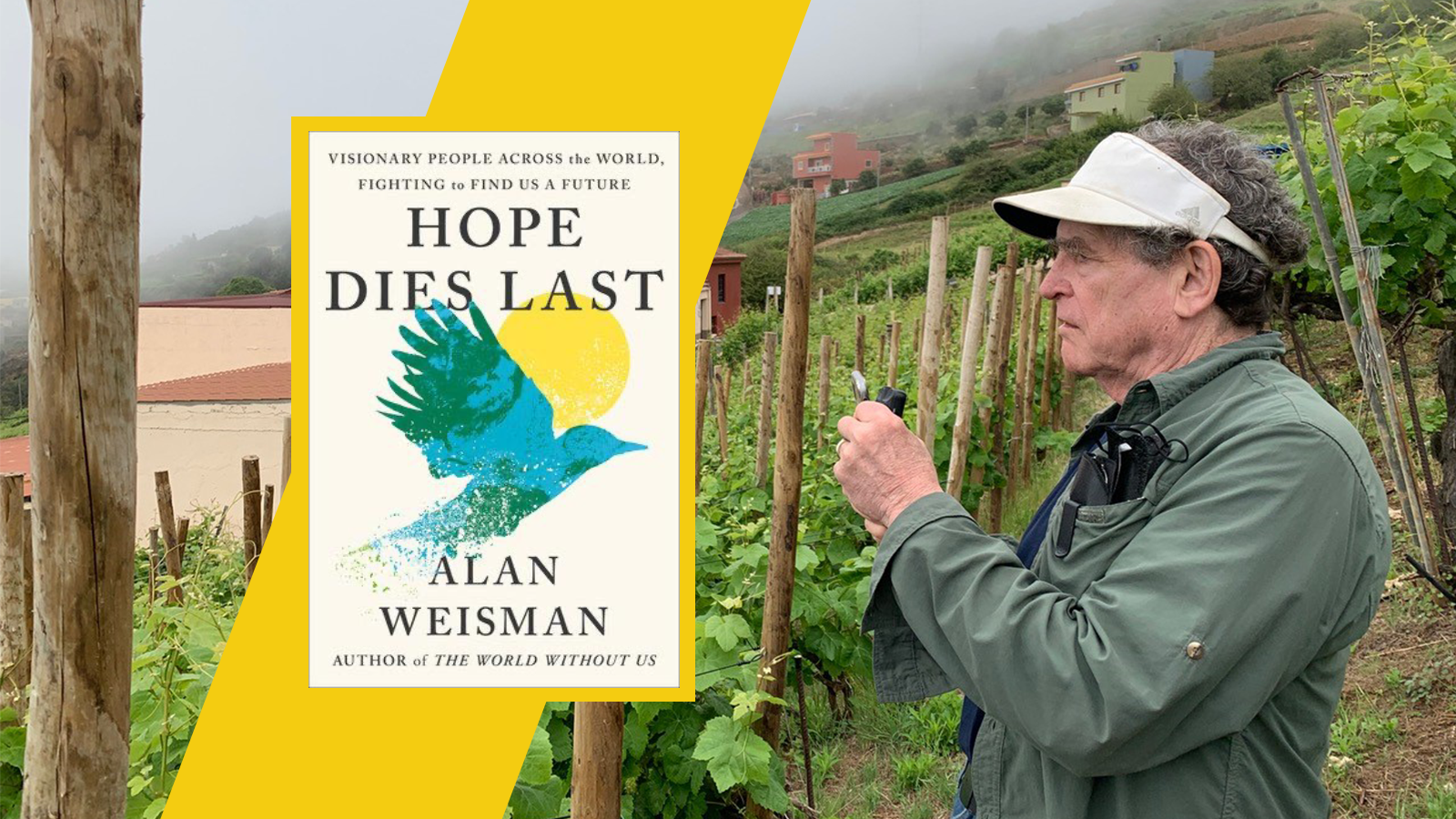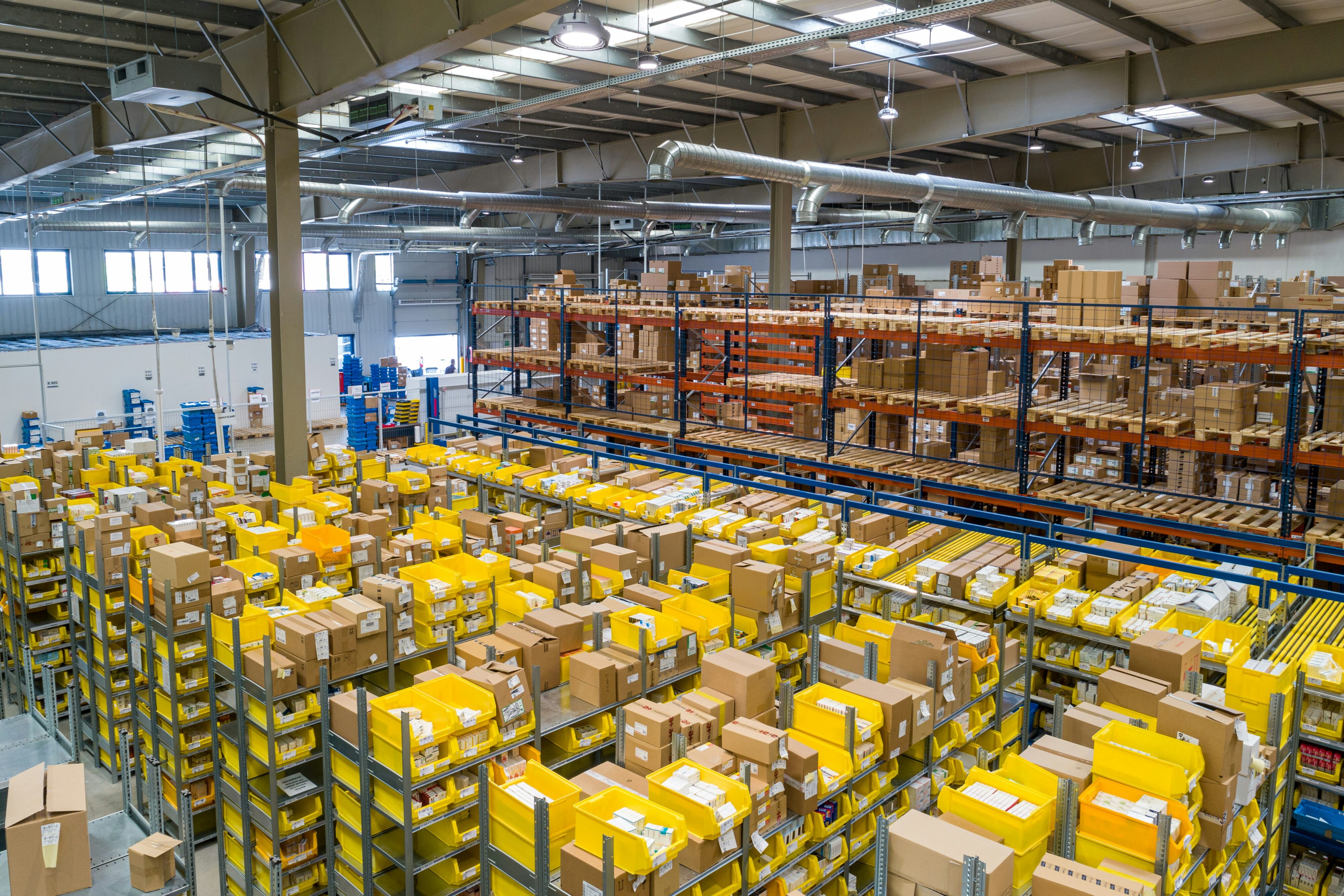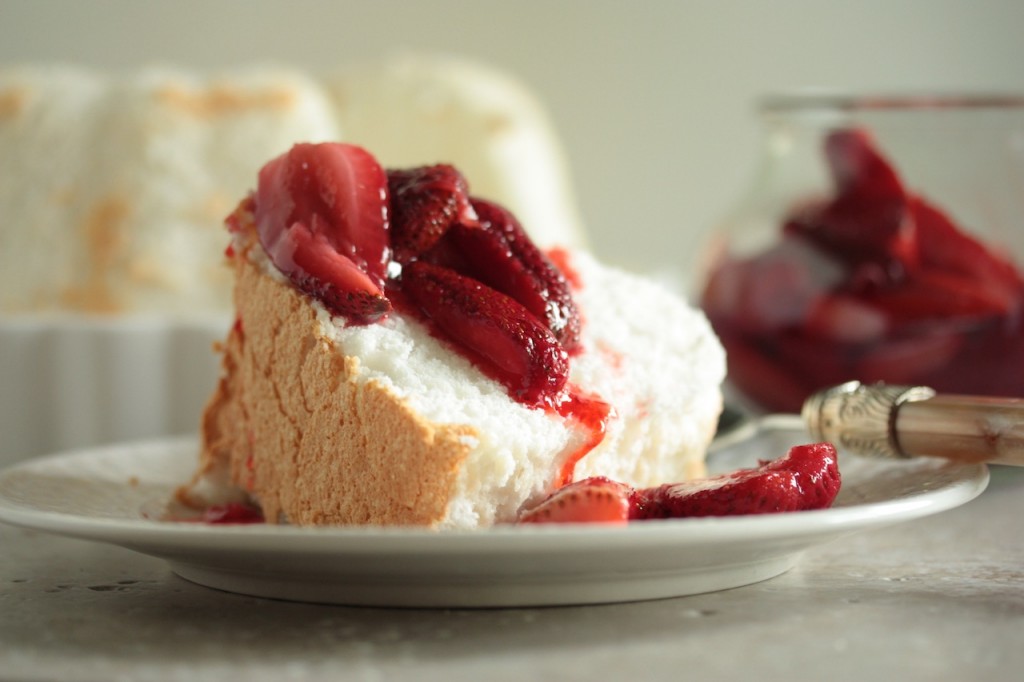
Is My Cake At Risk?

I am a senior in college, and ever since I said goodbye to home cooked meals, food has always been on my mind. My visits home are not as frequent as they used to be, but the dinner traditions remain. Dessert is, and always will be, angel cake with strawberries and whipped cream.
I miss the flavorful strawberries we buy from the local farmers market in Princeton, New Jersey. When the fruit is not in season we simply buy from the supermarket, but the meal tastes so much richer when the strawberries are in season.
New Jersey is one of the top producers in the United States with more than 10,000 farms statewide, according to the New Jersey Department of Agriculture. The New Jersey Agriculture sector brings in about 1 billion dollars in revenue. Our state’s economy depends on its farms more than the average Jersey girl or boy may realize – and that means climate change is a serious problem for the Garden State.
From The National Climate Assessment
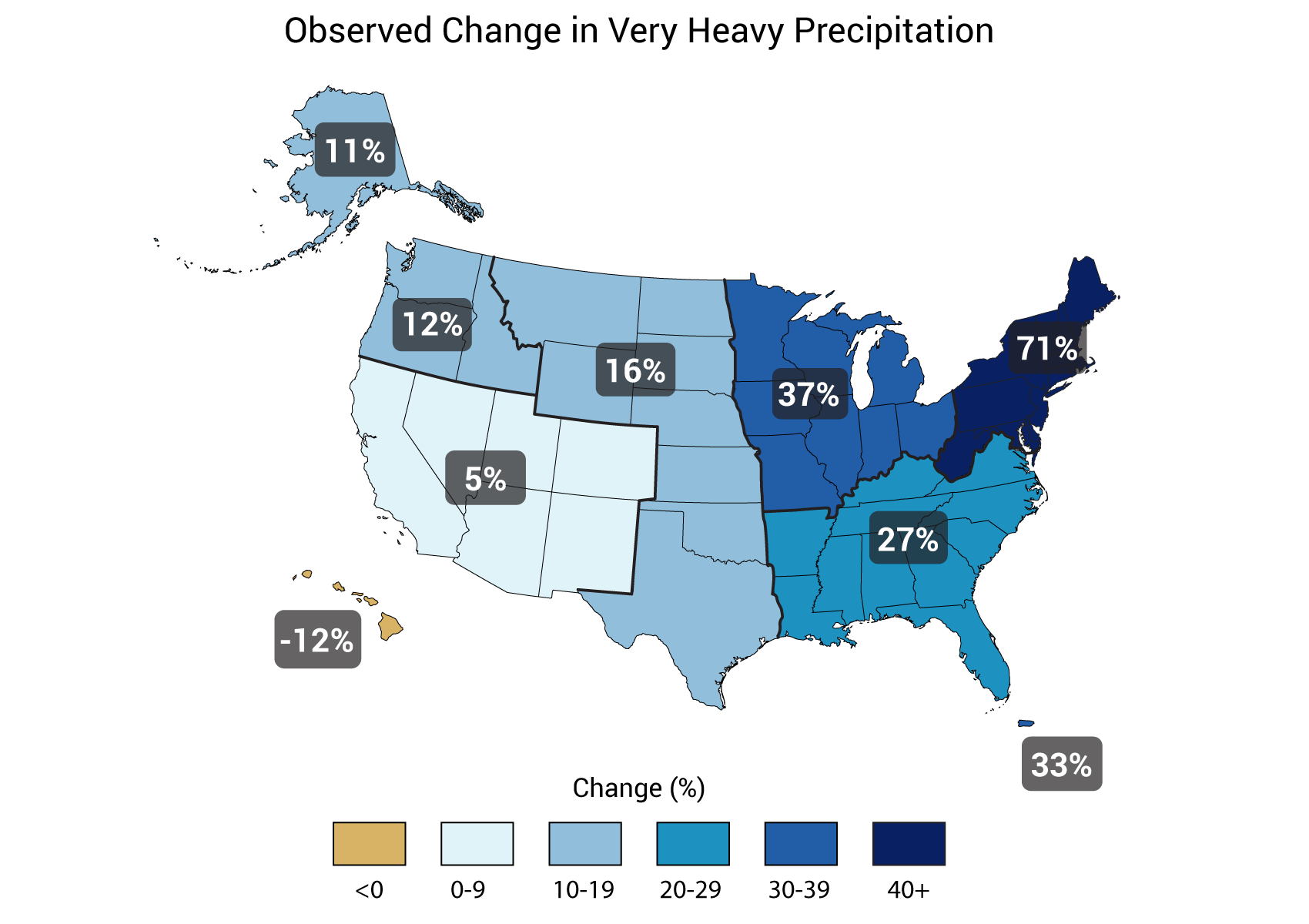
Courtesy Globalchange.gov
Records show that precipitation has already increased a total 71% across the Northeast between 1958 to 2012.
Climate change is creating adverse conditions for crops to grow in, increasing the chance of crop failure. The entire Northeast is at risk as increased precipitation and heat stress threaten the land and consequently the growth of certain crops. There has been a 70% increase of heavy precipitation in the Northeast, and estimates show up to 70 more days per year with a maximum temperature greater than 90°F, in certain areas of Jersey, between 2041 and 2070. I foresee a future summer, perhaps in the next 100 years, when strawberries may not grow because of adverse weather.
Is it possible that one day my grandchildren won’t have fresh strawberries to eat with angel cake?
Strawberries are a start to thinking about a much larger picture, one that is sometimes hard to imagine. The bottom line is that climate change has a domino effect on many different aspects of our lives because land, energy and water are all interwoven necessities.
This means that our food, one way or another, will be impacted. It’s important to ask questions: how can climate change affect the dinner table, weekend trips to the beach or road trips to grandma’s?
Eventually your questions will get you thinking about other ways climate change will change your lifestyle. So ask questions, join the conversation, and share with others how climate change may impact you.








